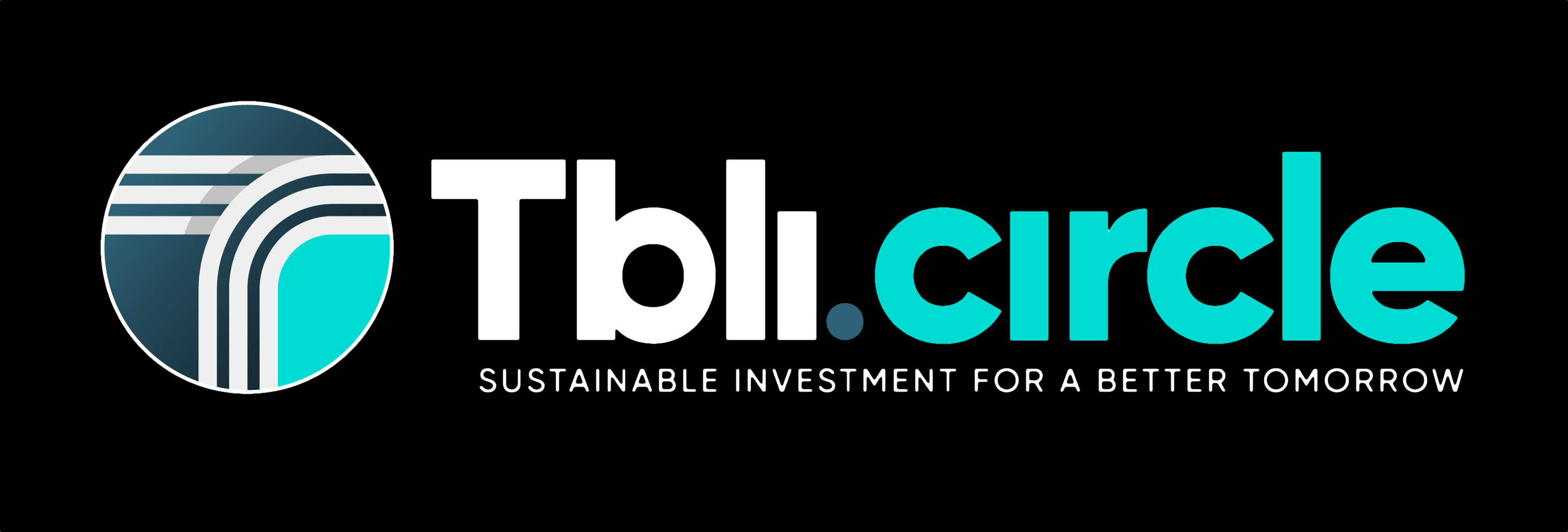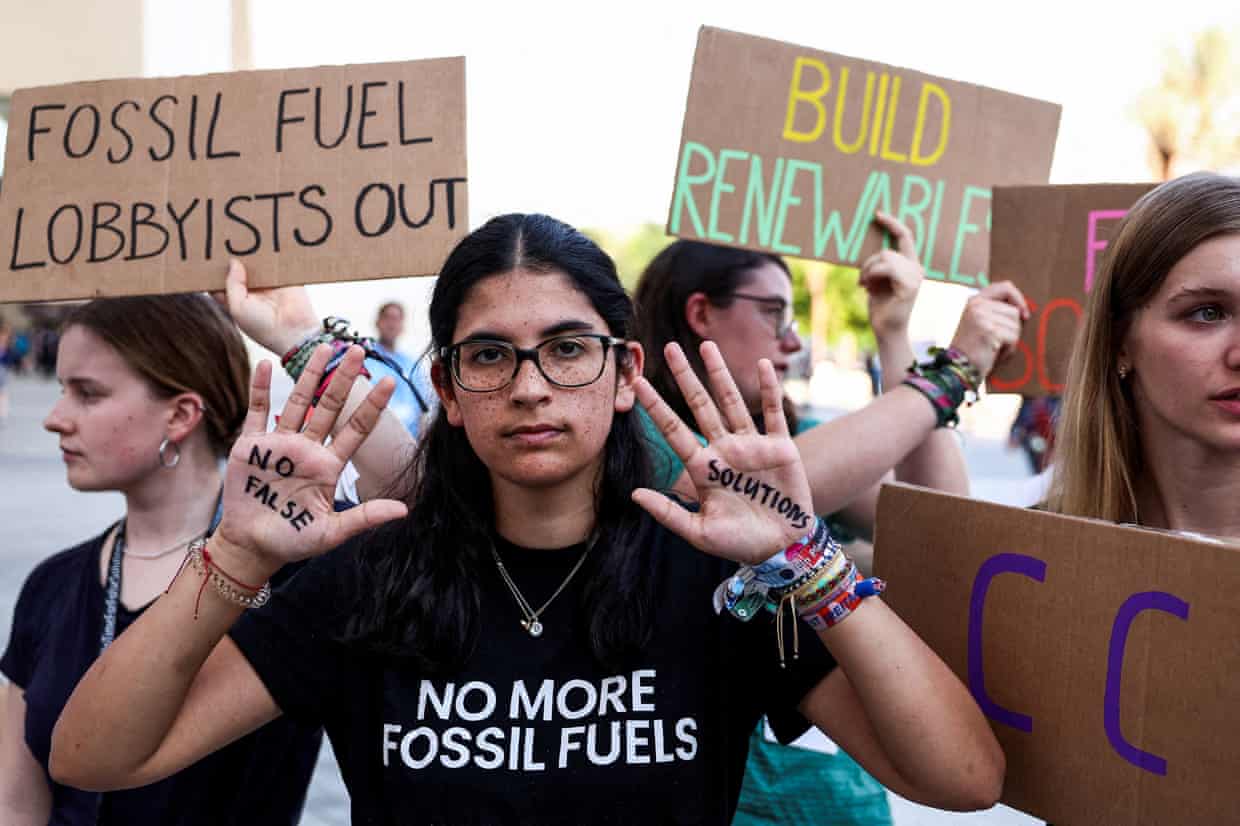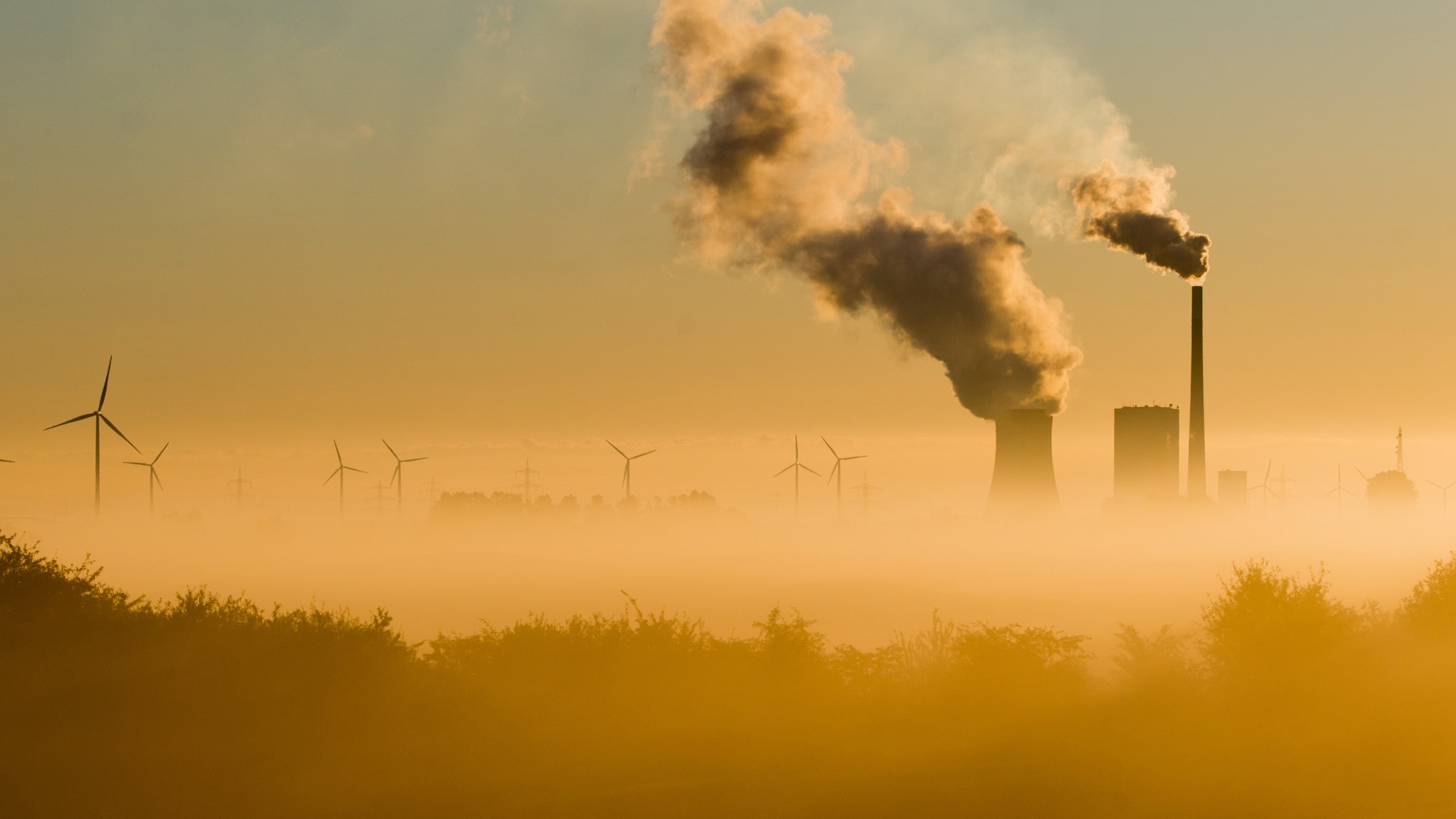
Your weekly guide to Sustainable Investment
TBLI Circle revamping 2024

Why join TBLI Circle?
TBLI Circle serves as the ultimate hub for those seeking their tribe in sustainability. By joining, individuals connect with a community sharing their passion for sustainable practices and values.
Through exclusive events, masterclasses, and networking opportunities, TBLI Circle provides a fertile ground for like-minded individuals to come together, share insights, and build meaningful connections. It's a platform designed to empower, inspire, and unite those on the journey toward a more sustainable future, making it easier than ever to find and thrive within your sustainability tribe.
Ready to find your purpose and make a difference? TBLI Circle can guide you. For full details go here
"TBLI Circle: Empowering individuals, transforming communities, shaping a sustainable world."
TBLI Circle - Spotlight interview
Join TBLI's Member Spotlight livestream events, held every Wednesday at 15:00 CET in the TBLI Circle, to share your thoughts and be interviewed virtually.
This initiative helps us understand our audience's needs while recognising our members' important work towards a greater purpose, as well as allow members of the TBLI Circle community get to know each other.
This week Lennaert Jonkers will be the guest speaker - Managing Director at DevelopMinded
Sign up for the TBLI Circle & attend for free
FuturePlus wins TBLI Better World Prize

Harnessing the power of data-driven insights, FuturePlus, a Sustainability Group company, empowers companies to enhance their ESG performance, and has been named the winner of the TBLI Better World Prize.
Joining FuturePlus in the top three were Elevate, an LRQA Company, who secured second place, and As You Sow, who took third place.
To learn more about the winners, as well as the other participants, please visit our event and ESG measurement research page.
Revealed: over 160 representatives with climate-denying track records got Cop28 access

UN organizers allow groups that have obstructed fossil fuel regulations and other climate action to attend, watchdog finds
Influential industry trade groups, thinktanks and public relations agencies with a track record in climate denialism and misleading the public have been given access to the UN climate talks in Dubai, the Guardian can reveal.
Corporate Accountability, a transparency watchdog, has found that UN organizers greenlighted access to groups that have obstructed fossil fuel regulations and other climate action, giving them the same or greater access to the international negotiations as Indigenous communities, human rights groups and climate justice organizations.
Organizations and individuals invited by country-delegations also have access to closed-room negotiations from which civil society and grassroots groups are locked out.
The new data, derived from official UN delegate lists, found at least 166 climate deniers and fossil fuel public relations professionals are at Cop28. The true number is probably significantly higher as only the most prominent bodies were included in the analysis. Some of the groups have been coming to the UN climate talks for years.
Cop28 is taking place at the end of the hottest year on record, as climate scientists warn that time is running out to phase out fossil fuels and avoid total climate catastrophe. The irreversible loss and damage in developing countries is estimated by some studies to be greater than $400bn annually – and expected to rise – so time is of the essence.
Yet the scale of oil and gas influence in Dubai is unprecedented, with more than 2,400 industry-affiliated lobbyists registered at Cop28 – four times as many in Sharm el-Sheikh last year.
“It’s obscene that climate denying organizations and fossil fuel companies’ PR agencies are welcome in these negotiations to spin, lie, and distort,” said David Tong, global industry campaign manager at Oil Change International. “It’s simply embarrassing that they are allowed to register for the United Nations climate change conference.”
“Fossil-fueled backed and funded organizations like API are given the same access as public-interest NGOs. With a seat at the table, they have the ability to influence decision makers charged with making policy decisions in the interest of people and the planet, not profit-makers fueling the climate crisis,” said Ashka Naik, director of research and policy at Corporate Accountability.
The World Health Organization prohibits tobacco companies and lobbyists from attending its summits, yet the UNFCCC (UN Framework Convention on Climate Change) has no conflict of interest policy allowing organizers to ban bad-faith actors from registering as observers.
The climate action obstructionists at Cop28 include the American Petroleum Institute (API), the largest fossil fuel trade group which for years has blocked efforts to pass domestic legislation limiting greenhouse gas emissions. Internal documents suggest that the API, which is attending as an accredited observer delegation like Greenpeace and Amnesty International, has been misleading the public on climate change since the 1980s.
Read full article
Shifting political winds threaten progress on Europe’s green goals

Shaken by global instability and a populist backlash, European nations are retreating from plans to reduce greenhouse gases, promote sustainable farming practices, and boost biodiversity.
In December 2019, Ursula von der Leyen, the head of the European Commission, presented with great fanfare the so-called “Green Deal.” The package consisted of new laws and directives, goals, and multi-billion-euro funding opportunities designed to transform the continent into a sustainability powerhouse and a model for the rest of the world. The initiative aimed to reduce greenhouse gas emissions by 55 percent by 2030, compared to 1990 levels, and to net zero by 2050. Additional goals were added, like making farming more sustainable, rewilding large swaths of Europe’s natural areas, and halving pesticide use in agriculture, among others.
But four years later, progress on green policies in Europe is stalling or, worse, going backward. Instead of moving ahead with bold actions to fight climate change and biodiversity loss, many efforts are currently under attack, have been watered down, or are even being reversed in individual member states and at the EU level. Rattled by Russia’s war against Ukraine and global instability, EU countries are scrambling to secure alternative sources for fossil fuels instead of accelerating renewable energy use, and they are wary of imposing new emissions-reduction rules on the auto industry. Faced with a string of electoral victories of right-wing populist parties in Italy, Finland, Sweden, and Hungary — often with strong support from farming communities — issues like protecting biodiversity have moved from a hard-won central position to the fringe. Europe’s role as a green frontrunner has been fundamentally called into question as it faces strong political forces in many capitals.
Germany, the EU’s most populous state and its largest economy, exemplifies the recent shift. When Steffi Lemke, the German cabinet minister in charge of the environment, spoke at the country’s most prestigious environmental awards ceremony in late October, she laid out the issue bluntly. “As ecologists and environmentalists, we underestimated how great the resistance would be when we started to bring the goals of the Paris climate agreement and the Montreal biodiversity agreement to life,” the Green Party member said. “But now we face the wall of those who want to prevent this and who don’t want to move forward.”
Only a few days later, Christian Lindner, the leader of the neoliberal Free Democratic Party, which shares power with the left-leaning Greens and the center-left Social Democratic Party in Germany’s coalition government, proved Lemke’s point. Citing energy insecurity due to the Ukraine war, Lindner, who is also Germany’s finance minister, withdrew his party’s support for a crucial agreement between the governing parties to phase out the nation’s coal-burning power plants by 2030. “Until it is clear that energy is available and affordable, we should end dreams of phasing out coal-fired power” by that year, he said. The goal of the phaseout was to create additional pressure for utilities to expand wind and solar farms as fast a possible. Without the 2030 deadline, that pressure is much reduced.
Read full article
Quarter of world’s freshwater fish at risk of extinction, according to assessment

Global heating, pollution, overfishing and falling water levels among factors hitting populations, finds IUCN red list study
In a Remarkable Milestone, the UK Unveils Its 'Cleanest Power Grid Ever'

In a groundbreaking achievement, the United Kingdom has proudly unveiled its 'cleanest power grid ever' in the latest report from Drax Electric Insights. This revelation is nothing short of astonishing, as it vividly illustrates how renewables have taken the lead, contributing a remarkable 40 percent to the nation's power supply during the third quarter of this year.
The eco-conscious triumph of renewable energy sources during these three months has shattered records and demonstrated the dynamic nature of energy production. Drax Electric Insights' most recent update has unveiled a remarkable transformation in the grid's quarterly carbon intensity, as emissions have plummeted to a historic low, measuring less than 150 grams per kilowatt-hour (g/kWh) for the first time.
The mesmerizing blend of energy sources in the third quarter of this year has achieved an extraordinary feat by averaging an astonishingly low 143 grams of CO2 per kWh. This monumental achievement surpasses the previous record, which had been set during the unprecedented COVID lockdowns in the early months of 2020.
This achievement marks a significant milestone in a compelling narrative of progress unfolding over the past decade. The UK's grid has dramatically transformed, with emissions intensity plummeting from a staggering 500g/kWh to its current remarkable levels. This transformation is attributed to the strategic retirement of coal plants and the meteoric rise of renewable energy generation. The future of the UK's power grid looks undeniably green and promising.
"This is a milestone moment in the UK's decarbonisation journey, getting our carbon emissions down by more than two-thirds in just a decade is a real achievement," said Dr. Iain Staffell of Imperial College London and lead author of the quarterly Drax Electric Insights report series.
"With our renewable capacity continuing to grow, we should see more clean power records broken in the coming years."
However, Staffell echoed long-standing warnings from the energy industry that the sector is not yet on track to meet the government's goal of delivering a net zero-emission power system by 2035.
"The long-term picture is more complicated, and it is vital that the government continues to explore how to unlock investment in clean energy technologies," he said. "The rise in electric vehicles and heat pumps will push up electricity demand. We need to build more renewables of all types and kick-start negative emissions technologies, not just to keep pace with demand growth, but continue growing the share of clean energy and keep carbon emissions falling."
The fall in the carbon intensity of the grid has been largely enabled by the shuttering of coal power plants, with a new analysis from Drax Electric Insights highlighting how, in the 12 months to October 2023, coal supplied less than one percent of Britain's electricity for the first time.
The country's last remaining coal-fired power station is now set to be retired next year as part of the government's commitment to end fuel use in electricity production by October 2024.
Read full article
Cop28 draft climate deal criticised as ‘grossly insufficient’ and ‘incoherent’

Text now being considered by governments calls for ‘reducing both consumption and production of fossil fuels’
A draft deal to cut global fossil fuel production is “grossly insufficient” and “incoherent” and will not stop the world from facing dangerous climate breakdown, according to delegates at the UN’s Cop28 summit.
The text put forward by the summit presidency after 10 days of wrangling was received with concern and anger by many climate experts and politicians, though others welcomed elements of the draft including the first mention in a Cop text of reducing fossil fuel production.
Some countries are despairing that the text does not require a full phase-out of fossil fuels.
Cedric Schuster of Samoa, chair of the Alliance of Small Island States, said: “We will not sign our death certificate. We cannot sign on to text that does not have strong commitments on phasing out fossil fuels.”
The Cop28 presidency released a draft text in the early evening on Monday, which called for “reducing both consumption and production of fossil fuels, in a just, orderly and equitable manner, so as to achieve net zero by, before or around 2050, in keeping with the science”.
The text avoids highly contentious calls for a “phase-out” or “phase-down” of fossil fuels, which have been the focus of deep disagreement among the more than 190 countries meeting in Dubai.
But instead of requiring fossil fuel producers to cut their output, it frames such reductions as optional, by calling on countries to “take actions that could include” reducing fossil fuels. “That one word ‘could’ just kills everything,” said Eamon Ryan, Ireland’s environment minister, adding that the EU could walk out of the talks if the text did not improve.
“We can’t accept this text,” Ryan said. “It’s not anywhere near ambitious enough. It’s not broad enough. It’s not what parties have been calling for … we have to stitch climate justice into every part of this text and we are not anywhere near that yet.”
The text is expected to form the key outcome of this fortnight of fraught talks on the future of climate action, which are scheduled to end on Tuesday morning in the United Arab Emirates.
If the language on fossil fuels survives an expected onslaught from the negotiators of big oil-producing countries, it would mark the first time that countries were being asked under the UN framework convention on climate change to reduce their fossil fuel production.
Governments will now have an opportunity to make their views known, and are expected to wrangle hard over the wording. For some countries that wanted an unambiguous phase-out of fossil fuels, the failure to mandate a reduction is too much of a weakening.
Mary Robinson, chair of the Elders group of former global politicians, said: “It is not good enough to say you recognise and respect the science but then fail to take heed of its dire warnings in the collective action you commit to … It is not good enough to use weak language or to permit loopholes for the fossil fuel industry to continue to contribute to the very problem countries are meant to be committed to tackling here in Dubai … this current version of the Cop28 text is grossly insufficient.”
It is also feared that countries such as Saudi Arabia, which has firmly refused to countenance a phase-out or phase-down of fossil fuels, may use the final hours of these talks to try to weaken the text further.
Read full article
